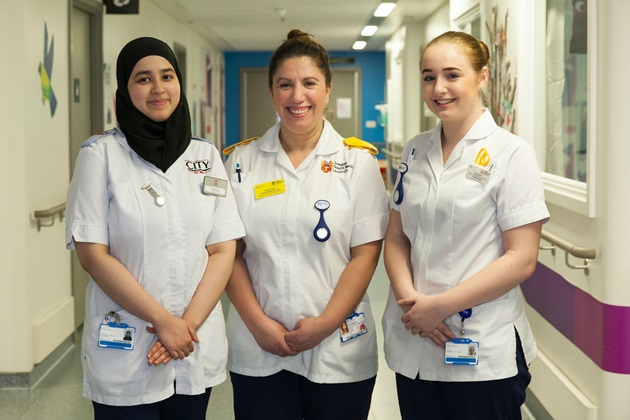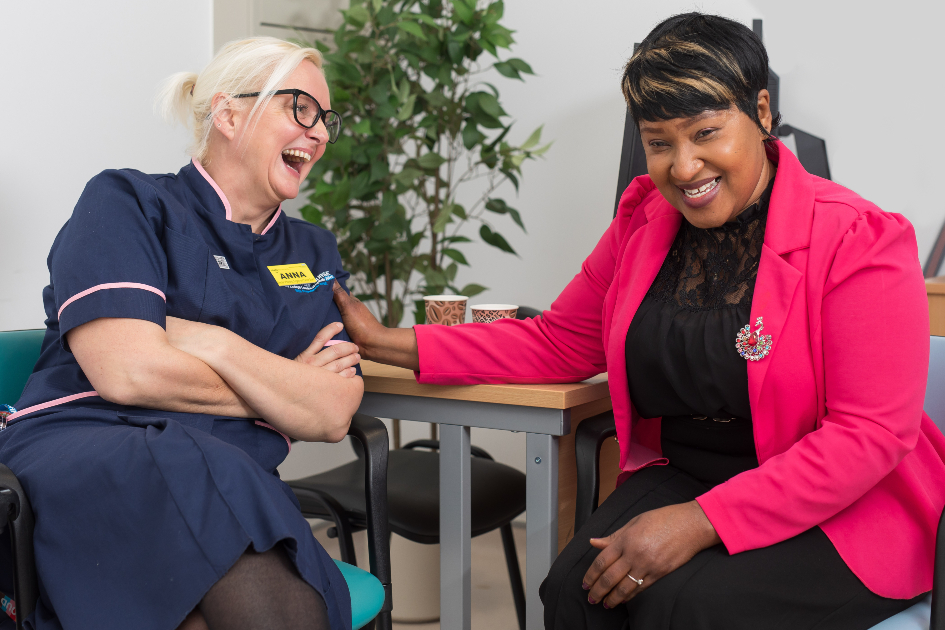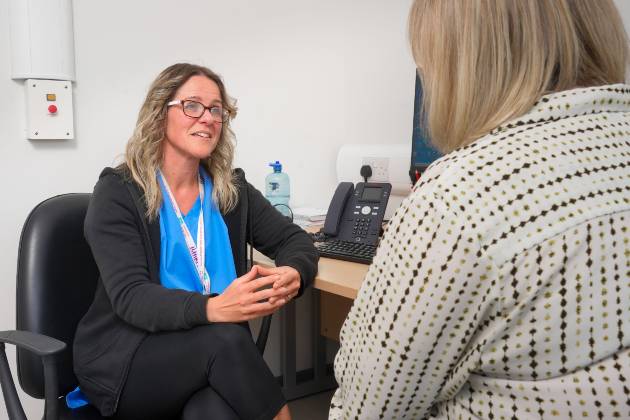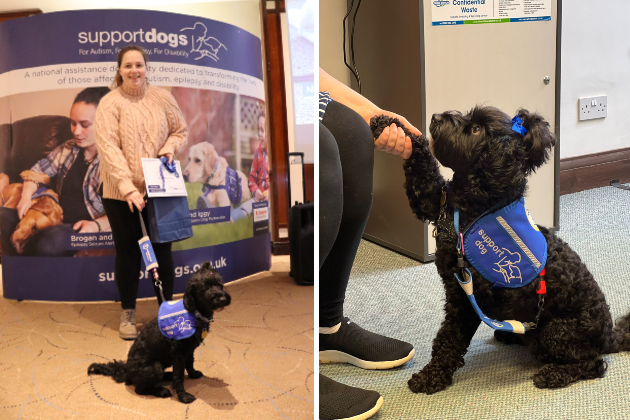Trainee nursing associates have shown their professionalism, flexibility and skills during the COVID-19 pandemic
Monica Korpal’s final year as a trainee nursing associate (TNA) hasn’t gone as she expected. Like everyone else in the UK, she found her world turned upside down with the arrival of COVID-19.
“Our cohort will go down in history,” she says."TNAs are an important part of the staff make-up on COVID wards, helping to substitute for redeployed staff, and working alongside registered nurses in the 21st century’s first worldwide pandemic. But the TNAs doing this are still giving online learning a go and continuing their training.
"We couldn’t have predicted this, but we’re showing our flexibility and professionalism when we’re needed most.”

For a group who had to get over “nursing on the cheap” comments when the role was first introduced, the pandemic has provided an opportunity to change minds.
Monica, who’s studying at Derby University, explains: “Our work and our leadership skills have become appreciated, especially as so many people have had to take sick leave or isolate. People can now see first-hand how useful, highly skilled and flexible we are.”
Educational changes
The pandemic has had an unprecedented impact on education in all UK settings. For TNAs, online learning and lectures are the new normal, with university day, for Monica, remaining in place on a Monday.
“We have an hour session in the morning followed by activities using a discussion board,” she explains.
“All our placements have been cancelled and we’re working instead. Thankfully most of us did more placement hours than we needed to in the first year but those without enough hours will make-up the time at the end of the academic year.”
There’s a possibility that some TNAs will be redeployed by the end of July, but Monica sees this as a chance to get more experience.
“By doing something different and unexpected we’re showing how adaptable our role is,” she says.
But what about the TNAs who’ve had to shield?
They too have stepped up and have continued to work from home, carrying out crucial work such as phone consultations or clinics and wellbeing check-ups.
“We might need to find different ways of working for some time so it’s good to see TNAs adapting early and getting ahead of the game,” says Monica.
Becoming a TNA was the best decision I ever made
Unique experience
Monica has had to face her own personal challenges during the pandemic. She has Beta thalassemia major – a blood disorder, which means she needs regular blood transfusions.
“I was diagnosed at 18 months, so the issue is controlled for me, but as I get older I need to be careful,” she explains.
“I chose to carry on working through the crisis but away from COVID wards. I could still help by training other staff on procedures.
“I know my contribution has been helpful because a lot of group training has been cancelled because of COVID so this one-to-one training is needed. By being deployed to acute care wards, I’ve helped patients feel safe and cared for, while allowing other health care staff to facilitate care for COVID patients.”
Monica is determined that nothing will stop her from qualifying in September.
She came to her TNA role with wide life-experience behind her and had also been accepted onto a nurse training course, but deferred a year and applied to become a HCA to get some clinical experience and earn some money.
“I’d been a HCA for 18 months when I was asked to consider the TNA role. Earning while learning appealed to me and this way I had a clear career progression plan,” she says.
But it’s her experience as a patient that will give Monica a unique insight.
“I’ve secured a role on a medical ward starting in September. They already know me there as a patient and I’ve spoken at their conferences too. I hope I will bring a relevant patient perspective to my new role.”
Monica, a winner of the Health Education England inspirational apprentice of the year award, says she is looking forward to consolidating her training in her new role this autumn.
“I have clinical skills in my kit bag and unique experience behind me. My 10-year plan is to eventually become a clinical nurse specialist or a clinical educator.
“Becoming a TNA was the best decision I ever made.”








